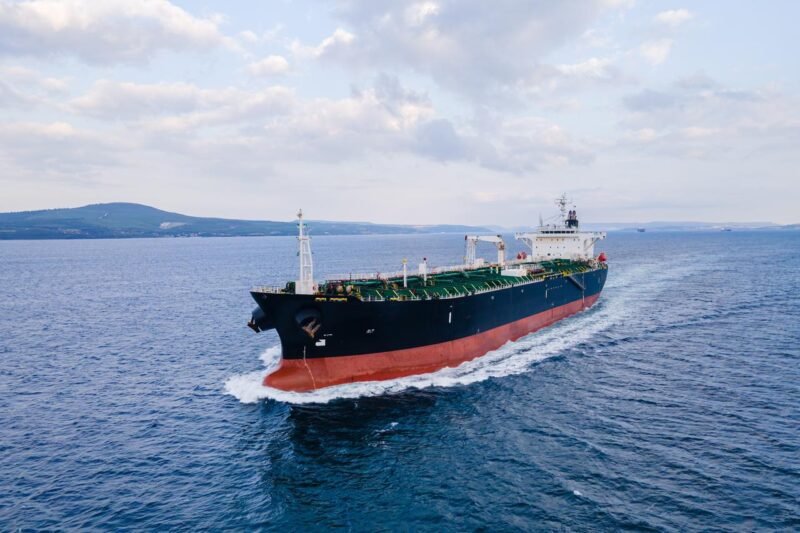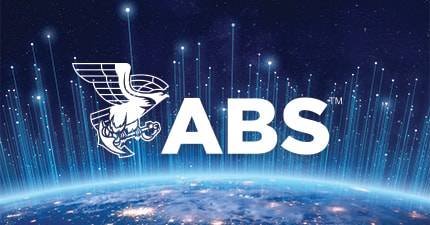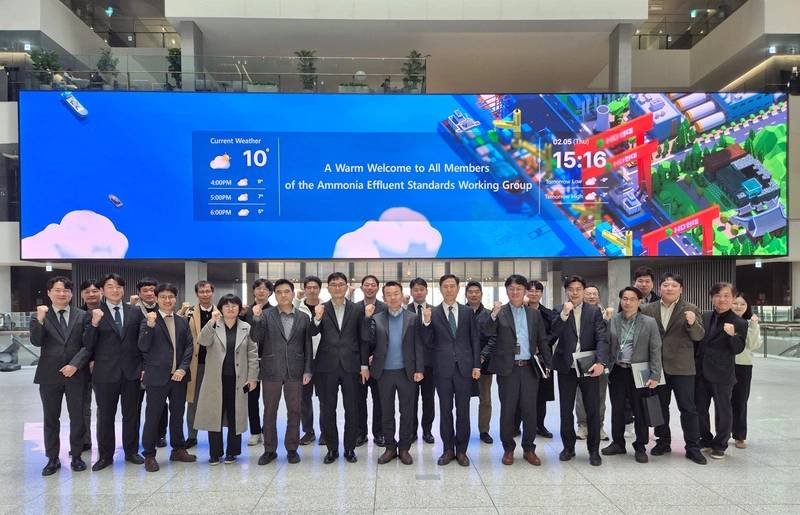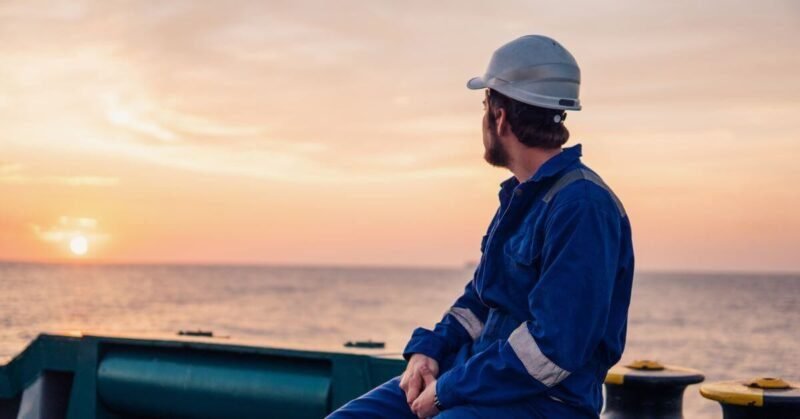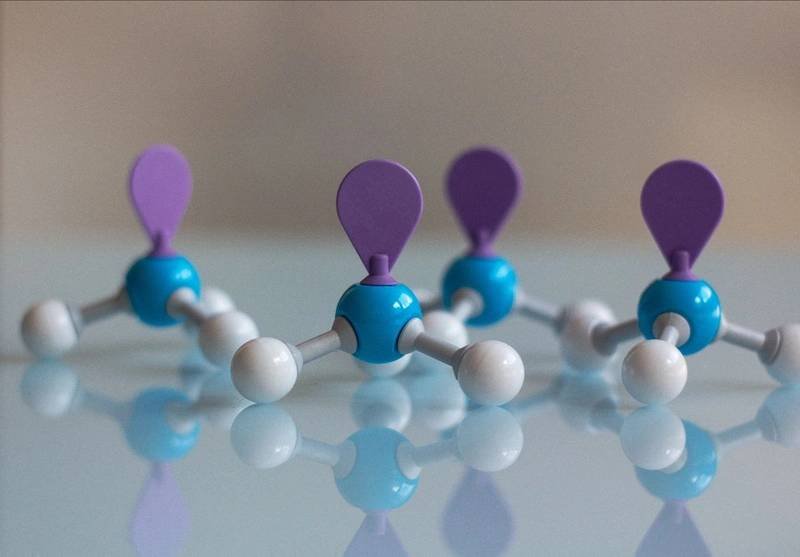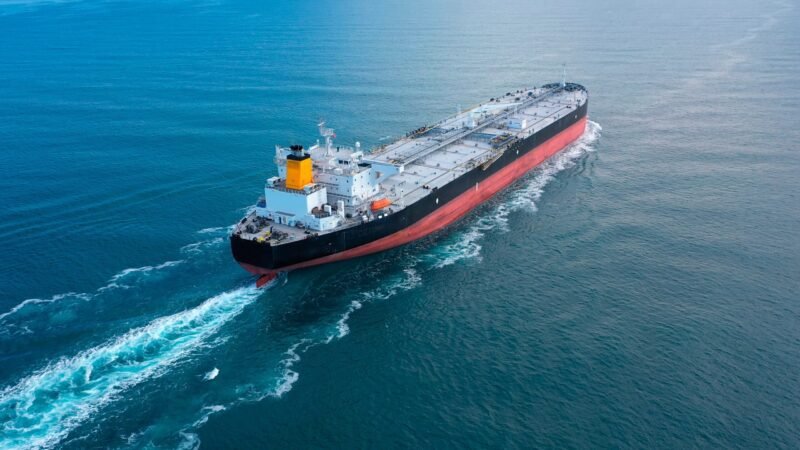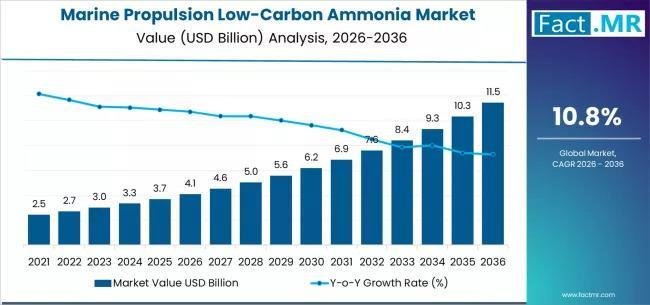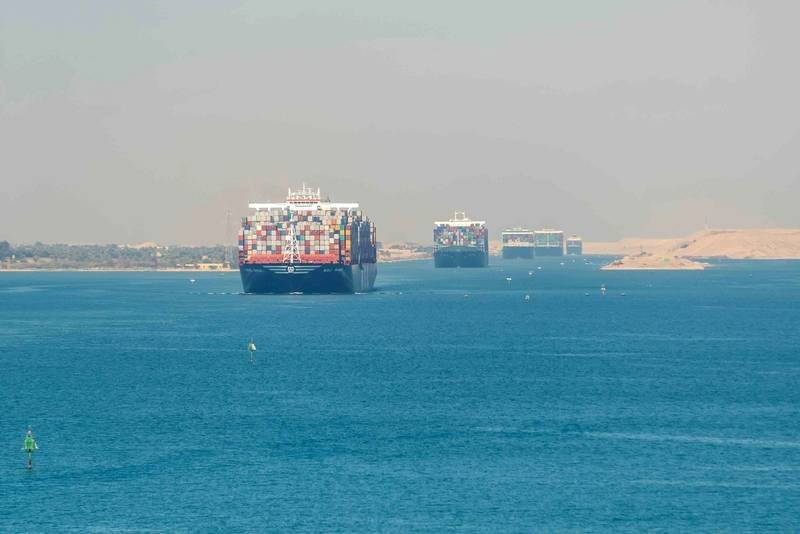Methanol and ammonia have evolved from theoretical concepts to practical zero-emission shipping fuels, according to a recent report by the Global Maritime Forum’s Getting to Zero Coalition. Titled “From pilots to practice: Methanol and ammonia as shipping fuels,” the report indicates that methanol is ready for low-carbon operations while ammonia is prepared for piloting. This marks a significant advancement since the report’s initial release in 2020.
Jesse Fahnestock, director of decarbonisation at the Global Maritime Forum, acknowledged the progress but cautioned that significant challenges remain. He emphasized that while technology readiness is essential, it is not sufficient on its own. Scaling these zero-emission fuels will require collaboration from the International Maritime Organization, national policymakers, and the industry to create the necessary conditions for growth.
The report highlights methanol’s rapid adoption, with over 60 vessels currently operational and 300 more on order. However, the availability of green methanol poses a challenge, as it constitutes a small fraction of the total supply. Meanwhile, ammonia is nearing proof of concept, with successful engine tests indicating a potential 95% reduction in emissions.
To accelerate development, the report calls for targeted policy incentives, robust fuel certification systems, and investment in bunkering infrastructure.
Share it now







